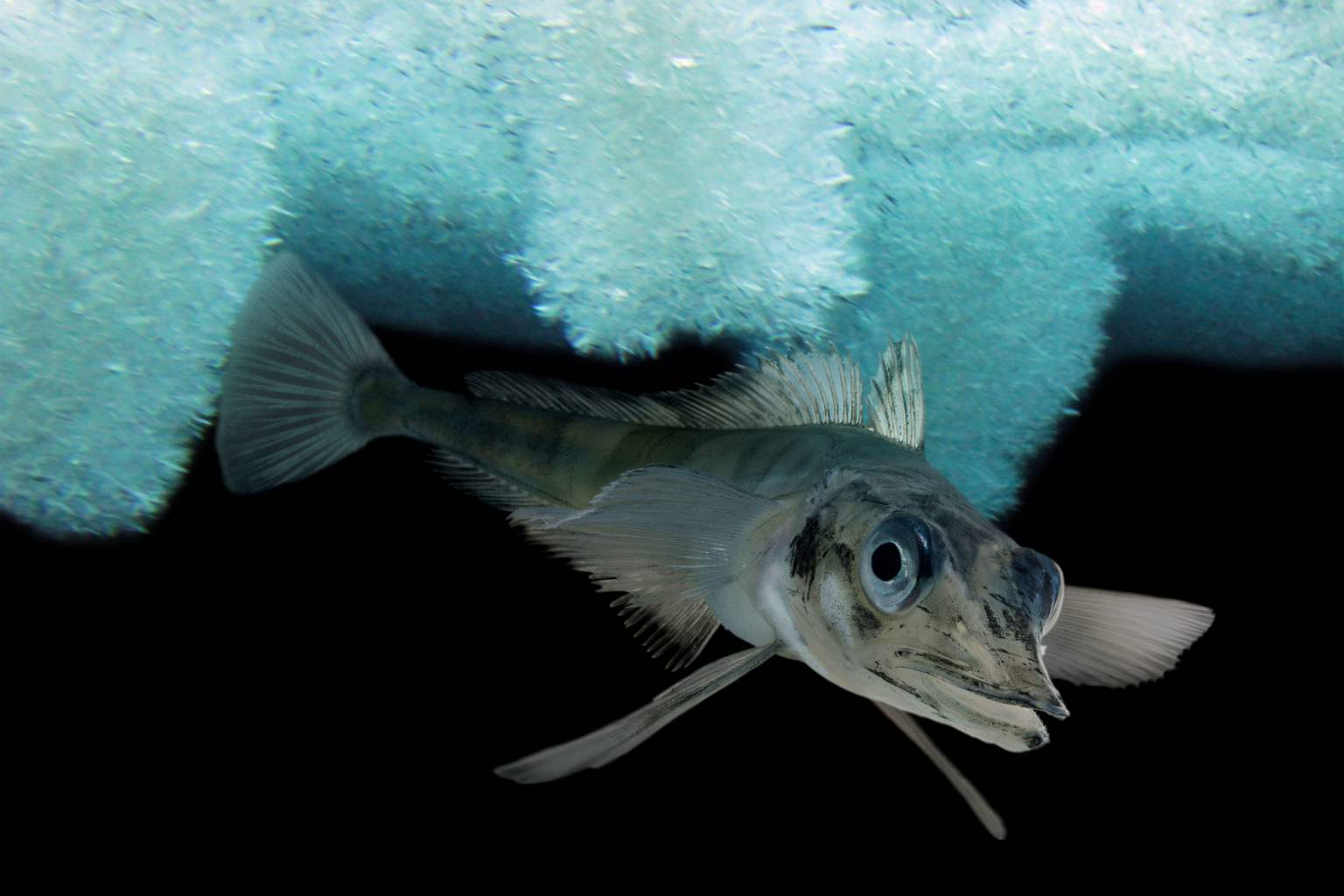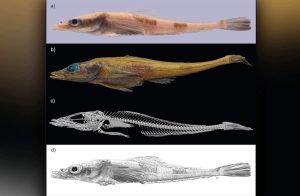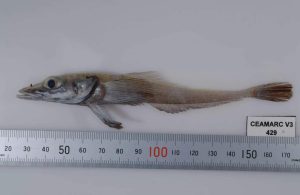Deep beneath the frozen surface of Antarctica, scientists have uncovered a remarkable new species of dragonfish that has thrived in isolation for hundreds of thousands of years. This discovery not only spotlights the mysteries of the Southern Ocean’s depths but also raises urgent questions about the future of such unique creatures in a rapidly changing environment.
New species of anticlockwise dragonfish unveiled
In the western reaches of the Antarctic Peninsula, researchers identified a new fish species named Akarotaxis gouldae. What makes this fish extraordinary is its evolutionary journey, which has taken place in complete isolation for over 780,000 years—dating back to the dawn of the last ice age.
Previously mistaken for a close relative, the fish’s distinct nature was finally revealed through advanced genetic analysis. This breakthrough showed the species diverged from its nearest kin almost 800,000 years ago and survived by dwelling deep beneath the ice in the Southern Ocean. The fish displays two striking dark stripes along its sides, a feature unseen in other related species.
These fish specimens have long been stored in museum collections but only recently underwent thorough reexamination. The match between their DNA and physical traits allowed scientists to officially classify them as a unique species.
Survival adaptations of antarctic dragonfish
Belonging to the Bathydraconidae family, known for the rarity of adult individuals caught, these creatures exhibit fascinating biological traits. Most members of this family are only detected at the larval stage when sampled in plankton. However, adult A. gouldae carry antifreeze glycoproteins—special molecules that prevent ice crystals from forming in their bodies—a critical adaptation to survive the frigid Antarctic waters.
The striped dragonfish lives at depths around 330 feet and shows low reproductive rates, with relatively few eggs found in females’ ovaries. Scientists believe adult fish move closer to the surface only briefly to protect their nests, while their larvae travel upward through the water column to safer zones near the surface.
What’s particularly concerning is the extremely narrow range this species inhabits: just about 250 miles of coastline along the Antarctic Peninsula. This limited habitat is exposed to some of the fastest climate changes globally. For example, the Esperanza research station recorded a record high temperature of about 65°F in 2020—a startling spike for this frozen region.
As ocean temperatures rise and sea ice recedes, the ecosystem shifts dramatically, causing the disappearance of many food species that the dragonfish and other marine creatures depend upon. These environmental changes might jeopardize the delicate balance that has sustained this species for millennia.
Threats from climate change and human activity
Beyond global warming, the survival of Akarotaxis gouldae faces another serious threat: krill fishing. The trawl nets used to catch krill often operate precisely at the depths inhabited by dragonfish larvae, putting this rare species at risk of accidental capture or habitat disruption.
The species was named in honor of the American research vessel Laurence M. Gould, which was decommissioned in 2024. It was thanks to expeditions conducted by ships like this that scientists could collect the critical samples leading to this discovery.
Reflecting on this news, I’m reminded of how much remains hidden in the natural world, especially in remote places like Antarctica. It’s a powerful reminder that every species, no matter how obscure, plays a unique role in our planet’s story. Protecting such fragile ecosystems isn’t just about saving one fish—it’s about preserving the intricate web of life for future generations.
Have you ever discovered a hidden gem in nature or stumbled upon something you thought was long lost? Share your stories or thoughts on how we can better protect our planet in the comments below. Let’s spark a conversation about the wonders beneath the ice and the urgent challenges they face. Don’t forget to share this story with friends who love wild nature and strange new creatures!


